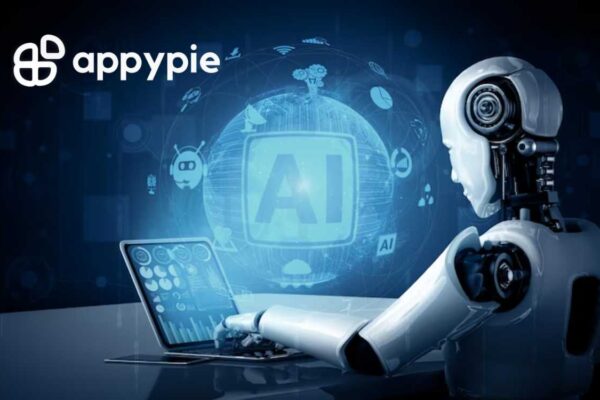Raptive, a creator company dedicated to powering creator independence, today published an open letter calling on OpenAI, Google, Microsoft, and all key stakeholders who train or deploy AI to protect the livelihoods of content creators and the high-quality content they create amid the rise of AI. The letter calls on big tech and AI companies to adopt three core principles to ensure human creators remain a vital part of the digital ecosystem. To read the letter in full and add your signature, visit ProtectContentCreators.com.
The letter has garnered early support with signatures from some of the biggest sites on the open web, including Feel Good Foodie, Half Baked Harvest, My Modern Met, Spend with Pennies, and Style by Emily Henderson, among others. The company is encouraging everyone–content creators, those whose businesses support content creators, and anyone who agrees creators’ rights and livelihoods should be protected and want to preserve quality content on the internet–to show their support by signing the letter at ProtectContentCreators.com.
“In a world where AI is becoming more prevalent and accessible, the decisions we make today will shape the future of the digital ecosystem,” said Michael Sanchez, CEO, Raptive. “AI is here to stay, and we want to ensure creators are too. The open letter is a call for collaboration and responsible action to ensure content creators are considered and protected as we shape the future of the internet. We recognize the immense potential of AI and embrace it, but it can’t be at the risk of the livelihoods of millions of content creators, and to everyone who finds information, inspiration, and entertainment online.”
“Original content is the cornerstone of digital media and culture on the internet,” adds Eugene Kim, co-founder, and editor-in-chief, My Modern Met. “The rapid advancement of AI poses real risks and threats to digital publishers and creators, including AI scraping content without permission. I am an entrepreneur, co-founder, and editor-in-chief of an independent online art+culture publication with a team of six. We believe original high-quality content should be given higher priority than mass-produced AI-generated content.”
The open letter emphasizes three core principles that should be embraced to protect creators.
- Content creators’ interests must be a central consideration.
Key stakeholders—AI companies and search platforms, regulators and governments, advertisers and ad agencies—must consider the impact on content creators in all decisions that shape our AI future. - Trust and transparency must be preserved.
In a world where trust in every sector and institution is at a historic low, AI threatens to make this even worse. We must develop standards that give consumers transparency to understand when humans, machines, or a combination generate content. We must safeguard trusted content as the cornerstone of a healthy online ecosystem. - Content creators deserve control and compensation.
AI platforms train on content they didn’t create and are already disrupting the livelihoods of those who did. Creators own their work and should control and be compensated for the agreed-upon use of their content.
As the representative for the largest collective group of content creators on the open web, Raptive will be building on the momentum of the open letter and engaging with the largest AI companies and search platforms to advocate for its creators’ rights and futures. A preliminary analysis based on public data shows that nearly all of Raptive’s 4600+ sites were utilized for training generative AI systems without their consent. Roughly a third of creators food-lifestyle site data present in popular datasets such as CommonCrawl is sourced directly from Raptive creators–and this is only one example. Raptive’s creators span Food, Family, Home, Lifestyle, Travel, Technology, Finance, and more.
The open letter is one part of Raptive’s ongoing efforts to protect and empower creators through the historic changes brought on by AI. Over the years, the company has made significant investments in the development of ethical AI solutions to put the power of generative AI into the hands of its creators.






















